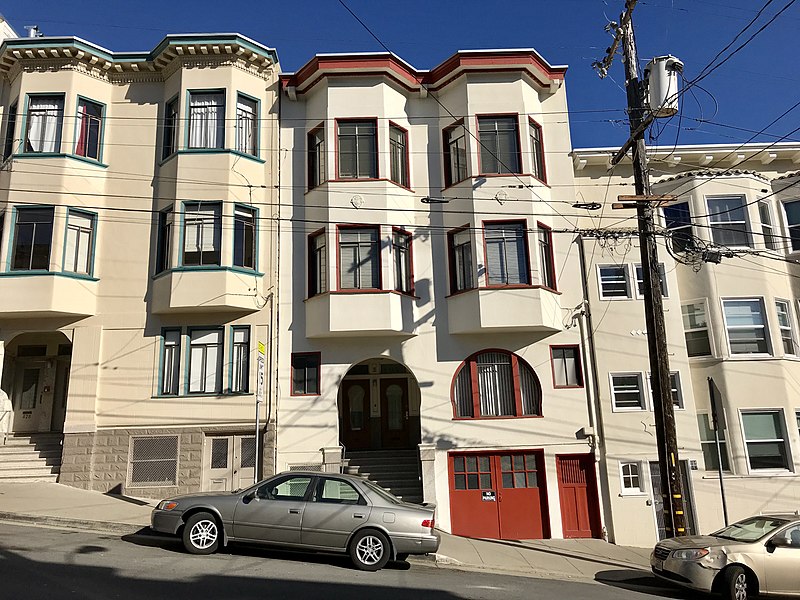How Does Apartment Moving Differ From House Moving?

You live frugally or maybe you like the amenities of full-service condo living. Regardless of the reasons you chose apartment life, moving offers different challenges than does moving from a typical suburban home. What can you expect if you are moving in or out of an apartment or condo?
1. It might cost more – This is an unfortunate reality of apartment and condo living. Often, the parking situation is less than ideal, especially if you live on a narrow and steep San Francisco street. Some buildings have loading docks, which of course, is ideal, but most don’t. Once the truck is parked, movers will have to maneuver up and down stairs or wait for elevators. Depending on how many stairs are involved, expect one or two extra movers. They will work like an assembly line, ensuring that the move will happen as quickly as possible. In the end, extra movers won’t cost you more, but the extra steps involved may add to the time.
2. The building – Most condo and apartment buildings have strict rules when it comes to moving. Alert your management company of your moving date. You might need to reserve the elevator. You also might not be able to move on weekends or in the evenings, depending on the rules of the building. Elevator reservations tend to go fast, especially toward the end of the month and during the summer, so plan ahead. If your building has a loading dock or commercial parking, you will also need to alert management of the move and the mover about the loading dock. Ask your mover, but typically, they will bring at least one 24 or 26 foot truck. If you are moving out of state, you might need to accommodate a 53 foot tractor trailer. Buildings that don’t have elevators tend not to have as many rules, but it’s better safe than sorry.
4. The city – We all know how awful parking is in San Francisco. Fortunately, the city will accommodate you, at a price. You can reserve parking spaces in advance, to allow space for your moving truck. They will give you temporary signs to put out.
Unfortunately, that’s not always enough. Small moving trucks – the type used for local moving – can usually maneuver through the city, but larger trucks – the type used for interstate moves, might not. With many movers, especially with major van lines, you might find yourself paying an additional fee for a small truck to move you out. The movers will then transfer your items to the larger truck for the interstate move.
While apartment and condo living offer conveniences that house living doesn’t, it definitely offers moving challenges. Plan well and you can help ensure that your moving day will go smoothly and as inexpensively as possible.